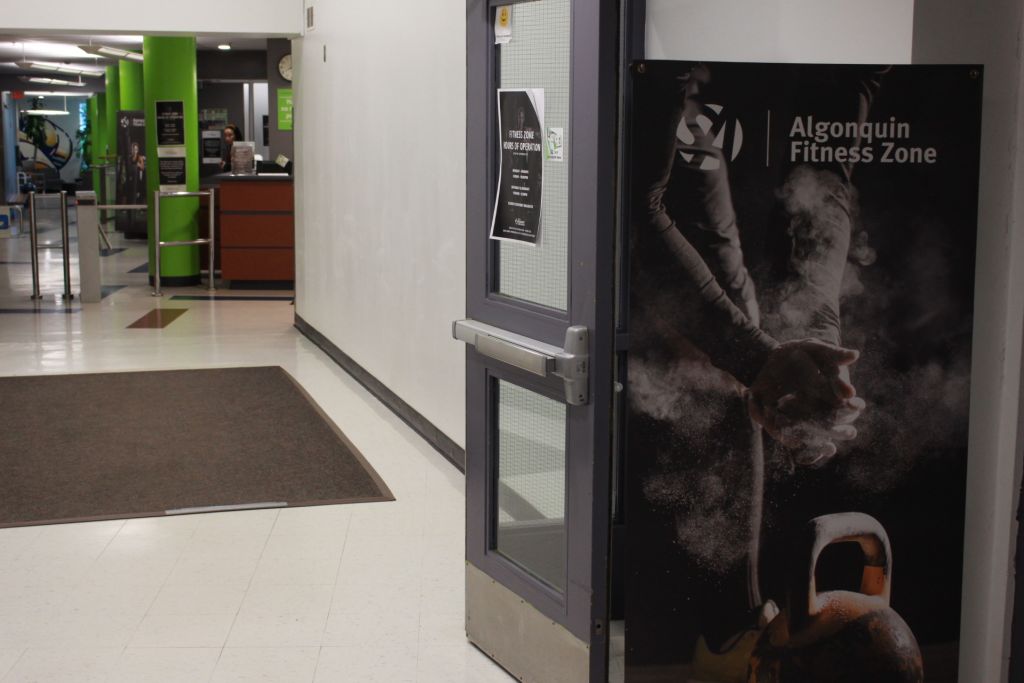Growing up is all about trying new things and taking risks. Having fun is important but you also have to be aware of your own limits and look out for your well-being.
Going off to college is a new experience where you will be facing challenges without your parents. It can be hard to balance all aspects of your life equally. This can include staying mentally and physically healthy while also trying to maintain good grades.
Freshman 15 has been a well-known phrase for years. Students tend to joke about it going off to college and how they want to avoid it. However, the fear of gaining weight can add unnecessary stress and cause negative body image issues. Students should focus on wellness in all aspects of their life.
One of the resources Algonquin College offers to help balance student life is called Essential Study Skills. With resources that are found on the Algonquin website, students can read and watch modules on how to stay healthy and happy.
Proper sleep, time management and exercising are important parts of a student’s life. For example, they have tutorials for deep belly breathing to help cope with stress.
Jill Peck, coordinator and professor of the Fitness and Health Promotion program, teaches her students how to strive for a balanced lifestyle.
One of the teaching tools she uses is called the wellness wheel. Students grade themselves on how they think they’re doing in different categories of life. If one area is particularly low, they are encouraged to set goals to improve in that area.
Then again, students shouldn’t feel pressure to be perfect in all aspects of the wheel all the time.
“Stress is obviously a big factor but I think if you have the wellness wheel as a paradigm to look at then you can recognize that while you may be low at the moment in one dimension of the wheel, you are strong in other dimensions. The one low dimension doesn’t define you, it’s just a piece of the pie,” Peck said.
Staying healthy physically and mentally will take hard work and energy but it is useful for your body and mind in the long run.
Aiming to get all the food groups in your diet is important. Under-eating and missing out on the important nutrients can harm your body just as much as overeating. Exercising whenever you can will leave you feeling energized and focused. Starting off small then setting goals and attaining them can do wonders for your self-confidence.
The Canadian Society for Exercise Physiology says people from the ages of 18-64 should be getting at least 150 minutes of exercise each week. This can be done with 10-minute increments at a time or longer.
“Physical activity is one of the best things to do when you’re feeling bogged down,” Peck said.
A brisk walk is great when taking a break. Strength training is also recommended two to three times a week and can be done without cost using your own body weight.
The term freshman 15 can be associated with causing negative body image issues. Students have a lot on their minds so the stress of gaining weight can make them become obsessed with weighing themselves. Basing how healthy you are off of a number can be misleading.
Making choices that contribute to your mental and physical health will have a positive impact on your college experience and life in the long run.


